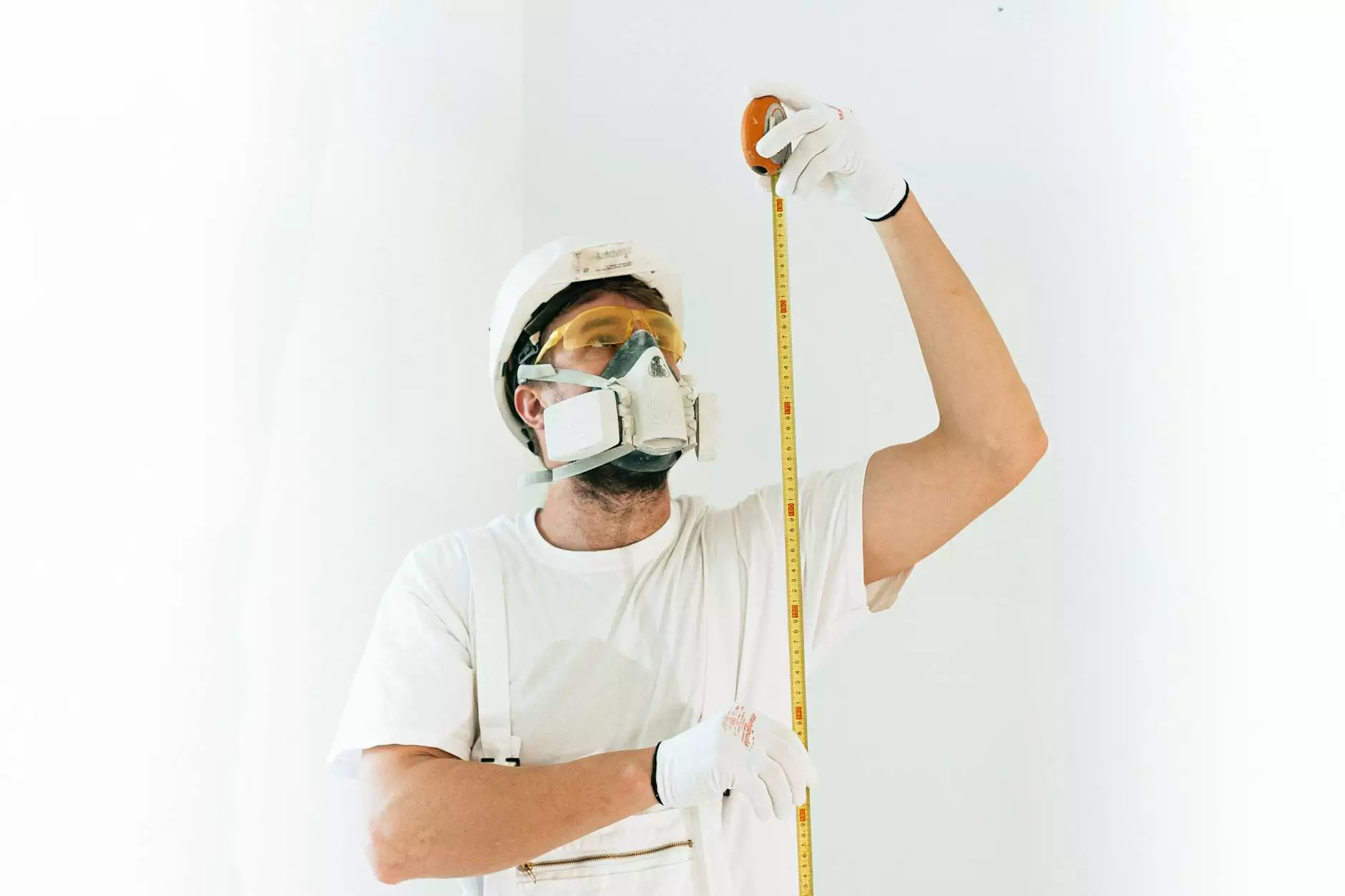Quaker Parrots: Your Comprehensive Guide to These Charming Companions

When it comes to choosing a feathered friend, Quaker parrots stand out as unique, affectionate, and intelligent pets. Known for their stunning personalities and vibrant colors, these parrots have become increasingly popular among bird enthusiasts and pet owners alike. In this article, we delve deep into the world of Quaker parrots, exploring their characteristics, care needs, breeding information, and much more. If you're considering adding a Quaker parrot to your family or simply want to learn about them, you've come to the right place.
Understanding Quaker Parrots
Quaker parrots, also known as Monk Parakeets, belong to the species Myiopsitta monachus. Their origins trace back to South America, where they thrive in warm climates. These parrots have gained renown for their delightful personalities, intelligence, and ability to mimic human speech, making them an engaging choice for a pet.
Physical Characteristics
Quaker parrots are medium-sized birds, typically measuring around 10 to 12 inches in length. They feature a distinctive green plumage with a light grey chest and a characteristic beak that is strong and curved. Their bright eyes and playful demeanor make them incredibly charming. Some common color mutations of Quaker parrots include:
- Blue
- Yellow
- White
- Grey
Personality Traits
One of the most appealing aspects of Quaker parrots is their lively and sociable nature. They are known for their playful antics and can develop a strong bond with their owners. These parrots are highly intelligent and require mental stimulation and social interaction to thrive. They are also curious beings and may explore their surroundings with enthusiasm.
Choosing the Right Environment
Creating a suitable living environment for your Quaker parrot is crucial for promoting a happy and healthy lifestyle. Here are some essential aspects to consider:
Cage Selection
A well-sized cage is vital for your Quaker parrot's well-being. It should be spacious enough for them to move around freely and have horizontal bars for climbing. The minimum dimensions for a Quaker parrot's cage should be:
- Width: at least 24 inches
- Depth: at least 24 inches
- Height: at least 24-30 inches
Ensure that the bars are spaced adequately (no more than ¾ inch apart) to prevent escape and keep your bird safe.
Cage Furnishings
Your Quaker parrot will appreciate a cozy environment filled with perches, toys, and hiding spots. Consider adding:
- Natural wood perches of various diameters to promote healthy foot development.
- Toys for chewing and mental stimulation, such as ropes, bells, and puzzle toys.
- Hidden areas where they can feel safe and secure.
Location
Place the cage in an area where your Quaker parrot can be part of the family. Avoid positioning the cage in direct sunlight or near drafts. A stable, warm environment is preferred.
Nutrition: Feeding Your Quaker Parrot
Proper nutrition is essential for your Quaker parrot's health and longevity. A balanced diet should consist of:
- High-Quality Pellets: The foundation of their diet should be formulated pelleted food designed for parrots.
- Fresh Fruits and Vegetables: Offer a variety of safe, fresh produce daily, such as apples, carrots, and leafy greens.
- Seeds and Nuts: These can serve as treats in moderation, as they are high in fat.
Always ensure that clean, fresh water is available, and change it daily to promote hydration.
Training Your Quaker Parrot
Quaker parrots are highly trainable, and with patience and consistency, they can learn a variety of commands, tricks, and even speech. Here are some training tips:
Socialization
Begin socializing your Quaker parrot from an early age. Allow them to interact with different people, sounds, and environments. This exposure helps them become well-adjusted birds.
Positive Reinforcement
Use treats, praise, and affection as rewards for good behavior. Quaker parrots respond well to positive reinforcement methods.
Consistency is Key
Maintain a consistent training schedule. Short, frequent training sessions are more effective than long sessions. Aim for 5-10 minutes a day to keep their attention focused.
Health Care for Quaker Parrots
Like all pets, your Quaker parrot will require regular veterinary care to monitor its health. Here are some important health aspects to consider:
Regular Check-Ups
Annual veterinary visits are essential for vaccinations and health screenings. Your vet can help detect any health issues early.
Signs of Illness
As an owner, be vigilant about any behavioral changes in your Quaker parrot, such as:
- Loss of appetite
- Fluffed feathers
- Changes in droppings
- Excessive vocalizations or silence
If you notice any of these signs, consult your avian veterinarian promptly.
Breeding Quaker Parrots
If you're interested in breeding Quaker parrots, it's essential to be well-informed. Here are some fundamental aspects to consider:
Choosing a Pair
For successful breeding, select a bonded pair of Quaker parrots. Ideally, they should be at least a year old and in good health. Familiarize yourself with their genetics to minimize health issues in offspring.
Nesting Requirements
Provide a nesting box within their cage. The box should be approximately 12 x 12 x 12 inches, made from wood, with an entrance hole for the birds. Fill it with safe nesting materials like shredded paper or straw.
Egg Laying and Care of Chicks
Once the female lays eggs, she will incubate them for about 24 days. After hatching, both parents will care for the chicks, feeding them regurgitated food. It's important to provide the right nutrition for the parents during this time.
Why Choose Quaker Parrots as Pets
Now that we've explored the basic care and breeding information, let's highlight some reasons why choosing Quaker parrots as pets can be a rewarding experience:
Affectionate Companionship
Quaker parrots are known for their loving nature and can form deep bonds with their owners. They thrive on interaction and enjoy spending quality time with their humans.
Intelligent Learners
Their intelligence allows them to learn commands and tricks, providing endless entertainment for owners and a stimulating environment for the birds themselves.
Unique Personalities
Each Quaker parrot has a distinct personality, and discovering their quirks and preferences creates a unique companionship. Their playful and curious attitude can lighten any room.
Conclusion
In conclusion, Quaker parrots are exceptional pets that bring joy, companionship, and vibrant personalities into their owners' lives. By understanding their care requirements, social needs, and unique traits, you can provide an enriching environment that fosters a healthy relationship with your feathered friend. Whether you’re considering adopting a Quaker parrot or merely exploring their world, this guide serves as a stepping stone to ensure these delightful birds flourish in your home. For more information and resources on these beautiful creatures, visit rareexoticbirds.com.au.
quakers parrots








